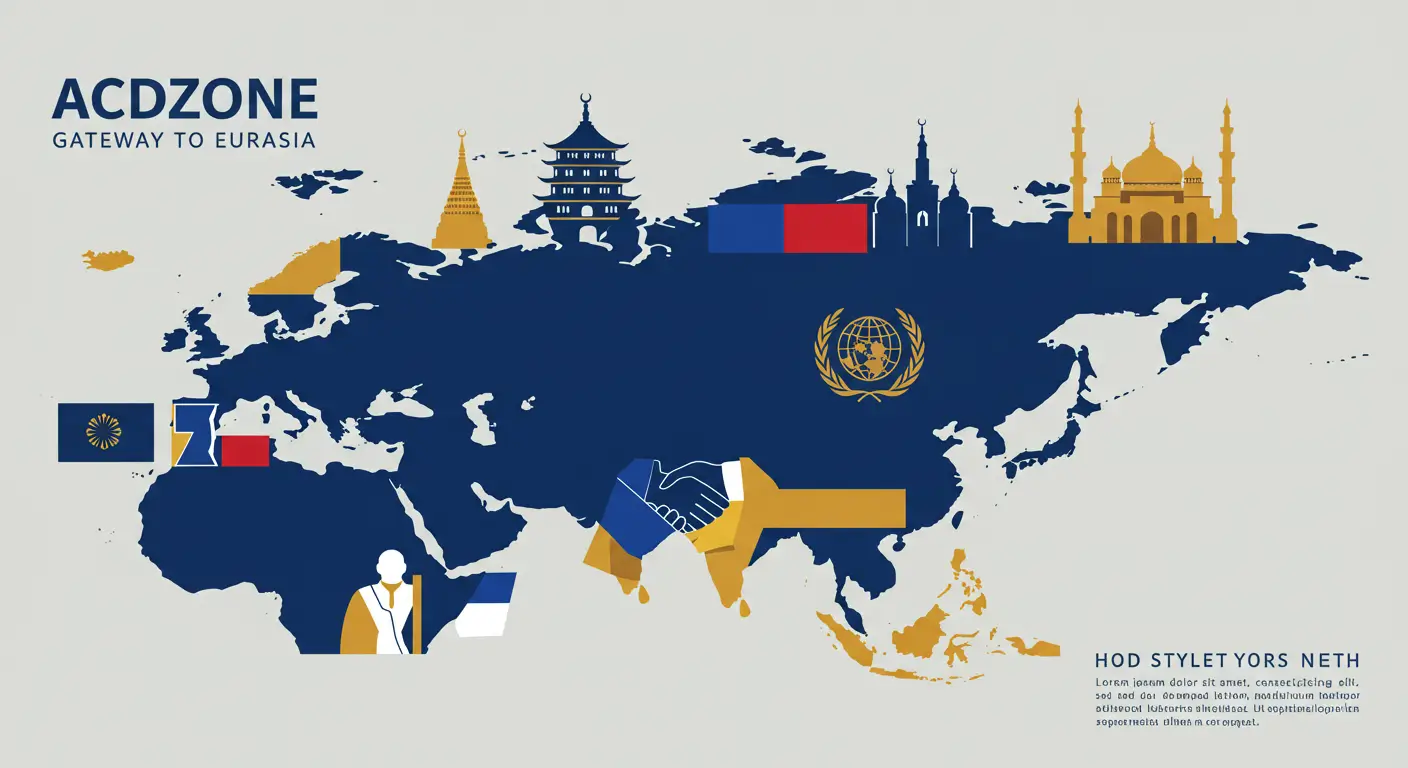Culture of Lebanon: A Mosaic of Tradition and Modern Identity
In the heart of Beirut’s cobbled streets, where the scent of Arabic coffee mingles with the pulse of oud music, Lebanon’s culture thrives—not as a monolith but as a harmonious blend of religions, languages, and histories. From Maronite Christians to Sunni and Shia Muslims, Druze to Armenians, each community contributes to the rich tapestry that defines Lebanese identity.
🕌 Religious Diversity as a Cultural Foundation
Lebanon officially recognizes 18 religious sects, each maintaining unique customs, rituals, and festivals. Rather than creating division, this diversity often fuels cultural richness and mutual respect within communities.
🎭 Performing Arts and Theatre
Theatre and film in Lebanon have long served as a mirror to societal complexities. Playwrights like Zeina Daccache and Raouf Abou Daher explore issues of identity, politics, and resilience. Art in Lebanon is not just expression—it’s testimony and resistance.
🧥 Clothing: A Fusion of Traditional and Contemporary
From the vibrant robes in southern villages to Parisian-style fashion in central Beirut, clothing in Lebanon reflects a cultural duality. Traditional garments like the thobe and sherwal are still worn during ceremonies and festivals, embodying pride in heritage.
🍽️ Cuisine as Cultural Glue
Lebanese cuisine, from hummus and tabbouleh to kibbeh and grape leaves, transcends sectarian lines. Food is a daily celebration and an essential cultural connector, offering a delicious common ground for all Lebanese.
🥁 Music and Dance
Lebanese folk music, featuring instruments like the oud and qanun, underscores community gatherings and festivals. Dabke, the traditional group dance, symbolizes unity and joy. Today’s pop and fusion artists carry Lebanese music onto global stages.
📚 Language and Literature
While Arabic is the official language, French, English, and Armenian are widely used. Literary icons like Khalil Gibran and Amin Maalouf illustrate the creative power of Lebanon’s multilingual tradition.
Conclusion:
Lebanon’s culture, a dynamic mosaic of tradition and innovation, continues to thrive despite adversity. It stands as a living testament to coexistence, creativity, and the enduring strength of shared identity.





No comment